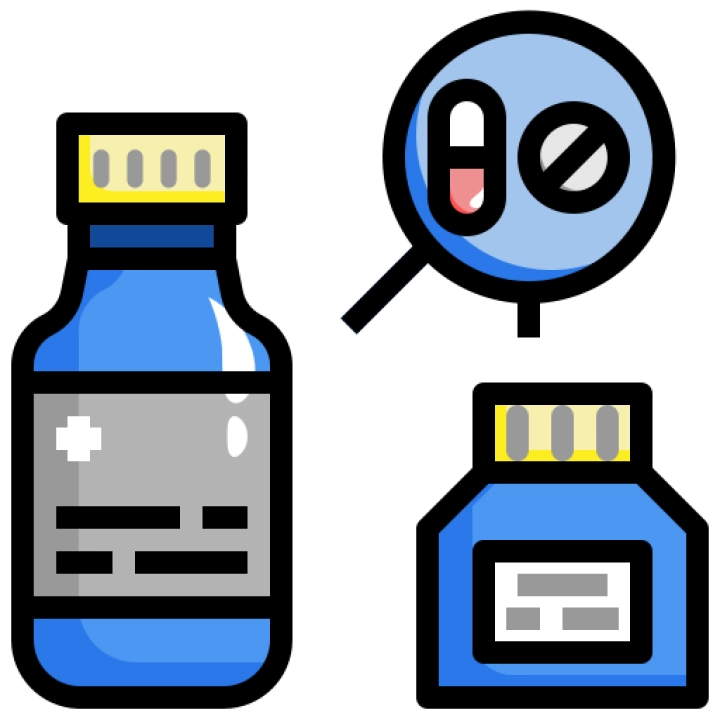College: Graduate School of Health Sciences
This specialization focuses on the study of medicinal plants and natural products used in pharmaceuticals. Students gain skills in identifying, analyzing, and evaluating the therapeutic uses of natural materials. Graduates are prepared for careers in pharmaceutical research, natural product development, and quality control.
Learning Objectives:
- Understand the fundamentals of pharmacognosy, including the identification, extraction, and analysis of natural products.
- Develop skills in plant identification, phytochemical analysis, and quality control.
- Learn techniques to assess the therapeutic potential and safety of natural products.
- Explore the principles of ethnobotany, traditional medicine, and the cultural uses of medicinal plants.
- Analyze and interpret complex pharmacological data and regulatory guidelines.
- Develop critical thinking, problem-solving, and analytical skills for pharmaceutical research and natural product development.
Main Curriculum:
- Introduction to Pharmacognosy - Overview of basic concepts and research methods in pharmacognosy.
- Botanical Identification - Principles of plant identification and morphology.
- Phytochemistry - Basics of phytochemistry, extraction methods, and chemical analysis.
- Ethnobotany and Traditional Medicine - Principles of ethnobotany and traditional uses of medicinal plants.
- Quality Control of Medicinal Plants - Basics of quality control, standardization, and regulatory compliance.
- Pharmacological Assessment - Principles of pharmacological evaluation and toxicity testing.
- Natural Product Development - Basics of developing and marketing natural products.
- Research Methods in Pharmacognosy - Principles of research methods, experiment design, and data analysis.
- Practical Training in Pharmacognosy - Real-world experiences through internships and projects in research labs or pharmaceutical companies.
- Pharmacognosy Capstone Project - A comprehensive project applying skills in plant identification, phytochemical analysis, or natural product development.
Assessment Methods:
- Research papers, plant identification reports, phytochemical analysis, ethnobotanical studies, quality control plans, pharmacological assessments, natural product development projects, research methodology projects, practical training reports, capstone projects, group projects, and internship evaluations.
Recommended Textbooks:
- "Pharmacognosy: Basics, Applications, and Strategies" by various authors.
- "Principles of Phytochemistry" by various authors.
- "Ethnobotany: A Methods Guide" by various authors.
- "Quality Control of Herbal Medicines" by various authors.
- "Pharmacological Evaluation of Natural Products" by various authors.
- "Natural Product Development" by various authors.
- "Research Methods in Pharmacognosy" by various authors.
Prerequisites:
Basic knowledge of biology, chemistry, and botany. Suitable for students interested in pharmacognosy and natural product development.
Duration of Specialization:
Typically 4 years to obtain a bachelor's degree, including coursework, projects, practical training, and internships.
Degree:
Graduates can obtain a degree in pharmacognosy and pursue higher education or professional certifications in related fields.
Target Audience:
Aspiring pharmacy experts, natural product researchers, quality control specialists, and individuals seeking careers in pharmaceutical research, natural product development, quality control, and related fields. This specialization equips students with the skills to excel in pharmacology, supporting careers in pharmaceutical research, natural product development, quality control, and related fields.

